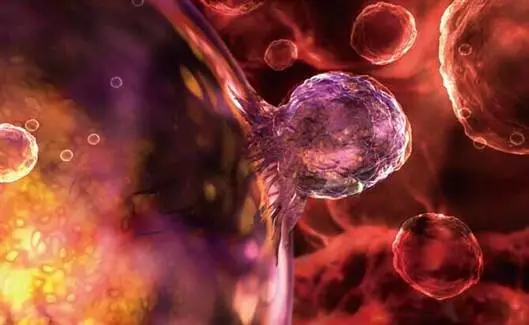Nature publishes the latest advances in stem cell therapy: synthetic stem cells
According to the latest Nature Communications report, researchers from North Carolina State University, Chapel Hill University of the University of North Carolina and the First Affiliated Hospital of Zhengzhou University in China have developed a new type of synthetic cardiac stem cells. Compared with natural stem cells, these synthetic stem cells can bring more benefits to the clinical treatment of related diseases, while greatly reducing some of the clinical risks associated with stem cell therapy. In addition, such artificial synthetic cardiac stem cells have better preservation stability, and related techniques can be extended to other types of stem cell preparation.
Stem cell therapy works by promoting endogenous repair, that is, stem cells assist in the repair of damaged tissue by secreting “paracrine factorsâ€, including proteins and nucleic acids. Although the clinical effects of stem cell therapy are undeniable, stem cell therapy also has risks associated with promoting tumor growth or causing immune rejection in some cases. In addition, natural stem cells themselves are very fragile, and the requirements for storage and handling are extremely high. This shortcoming greatly limits the application of stem cell therapy technology.

The project's project leader, Professor Ke Cheng of North Carolina State University and colleagues used PLGA, a biodegradable and biocompatible polymeric material, to prepare a cell-simulating particle (CMMP). Next, the researchers extracted several important growth factor proteins from artificially cultured natural heart stem cells and added them to the PLGA. Finally, they coated the artificial particles with the cell membrane of the heart stem cells.
In vitro experiments have shown that artificial cell mimic microparticles (CMMP) and cardiac stem cells can also promote the growth of cardiomyocytes. At the same time, the researchers verified the clinical effects of CMMP on myocardial cell repair in a mouse model of myocardial infarction, and found that CMMP can bind to heart tissue and promote its growth after a heart attack, and its ability to promote cardiac tissue growth and natural Heart stem cells are quite. Due to its structural specificity, CMMP cannot replicate, and it is precisely because of this non-replicable nature that CMMP treatment does not pose a risk of tumor formation.
frozen flower baby octopus
Flower Baby Octopus,Frozen Flower Baby Octopus,Fresh Flower Baby Octopus,Fresh Frozen Flower Baby Octopus
Zhoushan Junwei Aquatic Products Co., Ltd. , https://www.junweiaquatic-intl.com